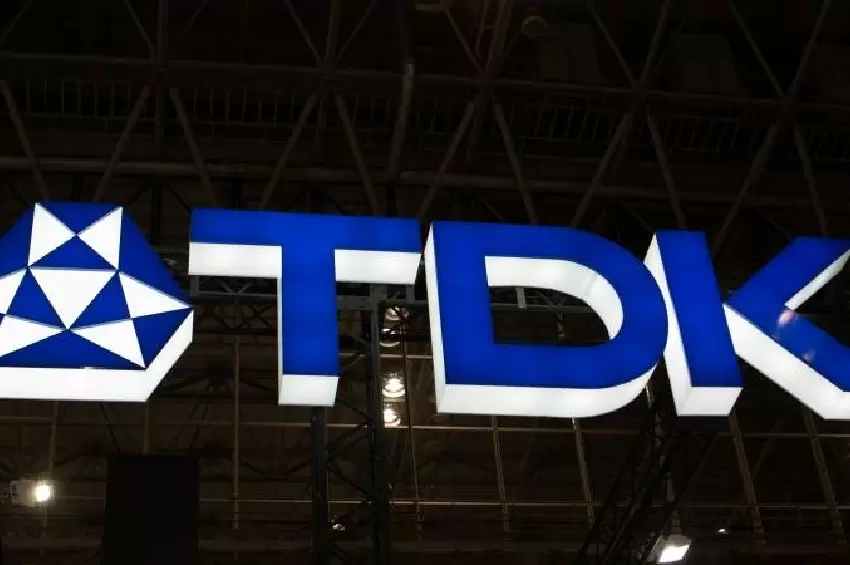Bitcoin's Surge Captivates Luxury Sector

The meteoric rise of Bitcoin has piqued the interest of high-end fashion brands and retailers, prompting them to explore cryptocurrency payments as a means to attract new wealth and foster loyalty among crypto investors.
Previously, only a select few luxury brands, such as LVMH's Hublot and Tag Heuer, and Kering's Gucci and Balenciaga, had dabbled in crypto payment options. However, the landscape is changing rapidly.
Recently, upscale French department store Printemps forged a partnership with Binance, the world's largest crypto exchange, and French fintech company Lyzi to accept cryptocurrencies like Bitcoin and Ethereum. This makes Printemps the first European department store to embrace crypto payments, a move that has garnered attention and interest from other luxury brands.
"We've received numerous inquiries—it's generating significant interest," said David Princay, president of Binance France, who revealed ongoing discussions with other luxury labels. S.T. Dupont, a luxury lighter and pen maker, aims to accept cryptocurrency payments in two Paris stores before the holiday season.
In the realm of experiential luxury, Virgin Voyages introduced Bitcoin as a payment option for its $120,000 annual pass, offering unlimited sailing for a year.
Despite regulatory warnings about the high-risk nature of cryptocurrencies and their volatility, Bitcoin's surge, fueled by supportive rhetoric from U.S. President-elect Donald Trump, has broken records. S&P analysts note a shift in the narrative, suggesting blockchain innovation could enhance predictability for cryptocurrencies.
Luxury brands are increasingly seeking innovative ways to cater to tech-savvy, affluent shoppers, opening stores in Silicon Valley and collaborating with tech giants like Apple. The new wealth generated by Bitcoin's rise presents an opportunity for luxury brands to reinvigorate growth amid industry slumps.
Offering cryptocurrency payments allows brands to position themselves as innovative and appealing to younger, tech-savvy consumers. However, the payment option remains largely symbolic, with retailers typically converting funds to fiat currency to mitigate volatility risks.
For Bitcoin investors, luxury goods serve as a natural choice for diversifying portfolios. Balenciaga's recent collaboration with crypto wallet company Ledger exemplifies growing interest from designer labels in the crypto space.
Kering's strategy emphasizes "test and learn" rather than "wait and see," highlighting the importance of embracing new technologies to reach younger and Asian clientele. Gucci has already made purchases available in 10 cryptocurrencies in the United States since 2022.
As Bitcoin continues to rise, the luxury industry's embrace of cryptocurrency payments signifies a strategic move to tap into new markets and stay relevant in an evolving consumer landscape.









Comments